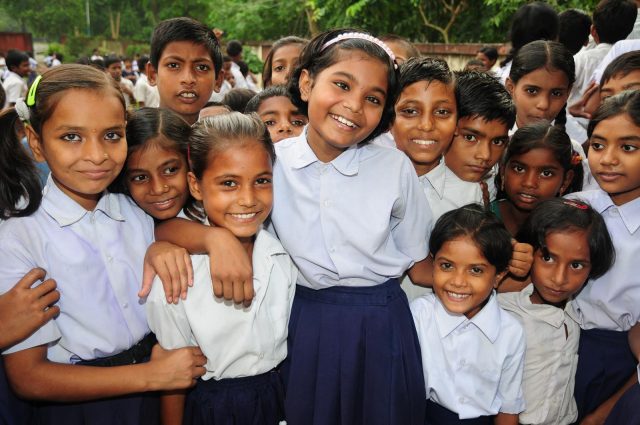M’tra Readies For Finance Infusion Into Schools
THE decision of the Maharashtra state government to frame a formal policy for Corporate Social Involvement in the development of schools across the state, is as urgent as it is belated, say educationists. The state’s school education ministry has earlier this month announced its decision to frame a policy to govern and implement corporate social responsibility (wp) in state schools. With new wp provisions under the new Companies Act 2013 stipulating that companies with at least Rs. 5 crore net profit or Rs. 1,000 crore turnover or Rs. 500 crore net worth, spend 2% of their three years’ average net profit on wp, it is expected that education will attract a lot of wp interest. The primary objective of formulating a wp policy is “to facilitate, coordinate and monitor wp support and activities in the field of school education”, the government said, ensuring optimum utilization of funds and transparency.
The school education department will set up a wp cell at Mantralaya to be operated by a wp steering committee. “This cell will drive wp activities in each block and district and ensure that these activities are processed through a smooth and efficient approval process. The wp Cell will function as single window for the corporates to initiate any wp activity,” the state government stated in its circular.
The single-window approach for corporates will be supported by a three-tier structure comprising a wp steering committee each at state level, commissionerate level and divisional level. The functions of the steering committee will include creating a framework for management and facilitation of school-related wp activities, evaluating and approving requests for wp, and facilitating project execution and coordinate between various departments.
In its August 2013 report, compiled in partnership with the state government, UNICEF stated Maharashtra needs funds of around Rs 3,000 crore to bridge the gaps between the current state of infrastructure and the desired levels in schools in the state as per RTE (Right to Education) Act 2009. The report had analysed data collected and submitted by education officers of every district in the state. Schools were judged on the basis of several infrastructure parameters like school building, number of classrooms, toilets, playgrounds, etc.
Maharashtra has long since come under fire for the state of its education sector. A Deloitte report in 2007 found that graduate enrolment rate, a main indicator of the progress in higher education, was at a dismal 14 percent, way behind Delhi (21 percent), Chandigarh (26 percent), Kerala (18 percent) and other developed countries (50 percent).
Under the aegis of the central government and the state government, various projects have been undertaken for the universalization of primary education across the state. Schemes like Sarva Sikshan Mohim, Vasti Shala, Mahatma Phule Shikshan Hami Yojana, National Literacy Mission, nutritional diet scheme are some of the measures undertaken for spreading the education in the state. The infusion of big finance that the corporate sector could bring to the education sector could bring about some much-needed reformation.













